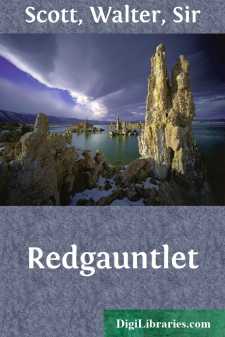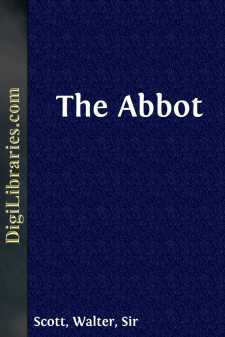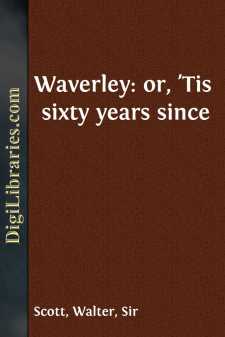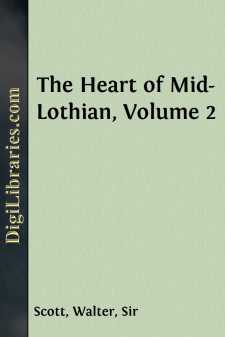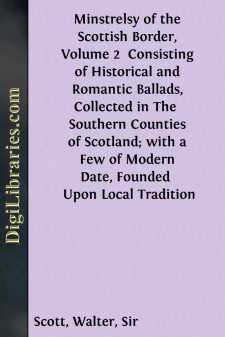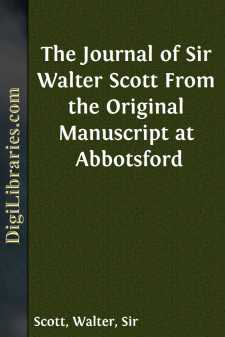Categories
- Antiques & Collectibles 13
- Architecture 36
- Art 48
- Bibles 22
- Biography & Autobiography 813
- Body, Mind & Spirit 142
- Business & Economics 28
- Children's Books 15
- Children's Fiction 12
- Computers 4
- Cooking 94
- Crafts & Hobbies 4
- Drama 346
- Education 46
- Family & Relationships 57
- Fiction 11828
- Games 19
- Gardening 17
- Health & Fitness 34
- History 1377
- House & Home 1
- Humor 147
- Juvenile Fiction 1873
- Juvenile Nonfiction 202
- Language Arts & Disciplines 88
- Law 16
- Literary Collections 686
- Literary Criticism 179
- Mathematics 13
- Medical 41
- Music 40
- Nature 179
- Non-Classifiable 1768
- Performing Arts 7
- Periodicals 1453
- Philosophy 64
- Photography 2
- Poetry 896
- Political Science 203
- Psychology 42
- Reference 154
- Religion 513
- Science 126
- Self-Help 84
- Social Science 81
- Sports & Recreation 34
- Study Aids 3
- Technology & Engineering 59
- Transportation 23
- Travel 463
- True Crime 29
The Talisman
by: Walter Scott
Categories:
Description:
Excerpt
INTRODUCTION TO THE TALISMAN.
The "Betrothed" did not greatly please one or two friends, who thought that it did not well correspond to the general title of "The Crusaders." They urged, therefore, that, without direct allusion to the manners of the Eastern tribes, and to the romantic conflicts of the period, the title of a "Tale of the Crusaders" would resemble the playbill, which is said to have announced the tragedy of Hamlet, the character of the Prince of Denmark being left out. On the other hand, I felt the difficulty of giving a vivid picture of a part of the world with which I was almost totally unacquainted, unless by early recollections of the Arabian Nights' Entertainments; and not only did I labour under the incapacity of ignorance—in which, as far as regards Eastern manners, I was as thickly wrapped as an Egyptian in his fog—but my contemporaries were, many of them, as much enlightened upon the subject as if they had been inhabitants of the favoured land of Goshen. The love of travelling had pervaded all ranks, and carried the subjects of Britain into all quarters of the world. Greece, so attractive by its remains of art, by its struggles for freedom against a Mohammedan tyrant, by its very name, where every fountain had its classical legend—Palestine, endeared to the imagination by yet more sacred remembrances—had been of late surveyed by British eyes, and described by recent travellers. Had I, therefore, attempted the difficult task of substituting manners of my own invention, instead of the genuine costume of the East, almost every traveller I met who had extended his route beyond what was anciently called "The Grand Tour," had acquired a right, by ocular inspection, to chastise me for my presumption. Every member of the Travellers' Club who could pretend to have thrown his shoe over Edom was, by having done so, constituted my lawful critic and corrector. It occurred, therefore, that where the author of Anastasius, as well as he of Hadji Baba, had described the manners and vices of the Eastern nations, not only with fidelity, but with the humour of Le Sage and the ludicrous power of Fielding himself, one who was a perfect stranger to the subject must necessarily produce an unfavourable contrast. The Poet Laureate also, in the charming tale of "Thalaba," had shown how extensive might be the researches of a person of acquirements and talent, by dint of investigation alone, into the ancient doctrines, history, and manners of the Eastern countries, in which we are probably to look for the cradle of mankind; Moore, in his "Lalla Rookh," had successfully trod the same path; in which, too, Byron, joining ocular experience to extensive reading, had written some of his most attractive poems. In a word, the Eastern themes had been already so successfully handled by those who were acknowledged to be masters of their craft, that I was diffident of making the attempt.
These were powerful objections; nor did they lose force when they became the subject of anxious reflection, although they did not finally prevail....





